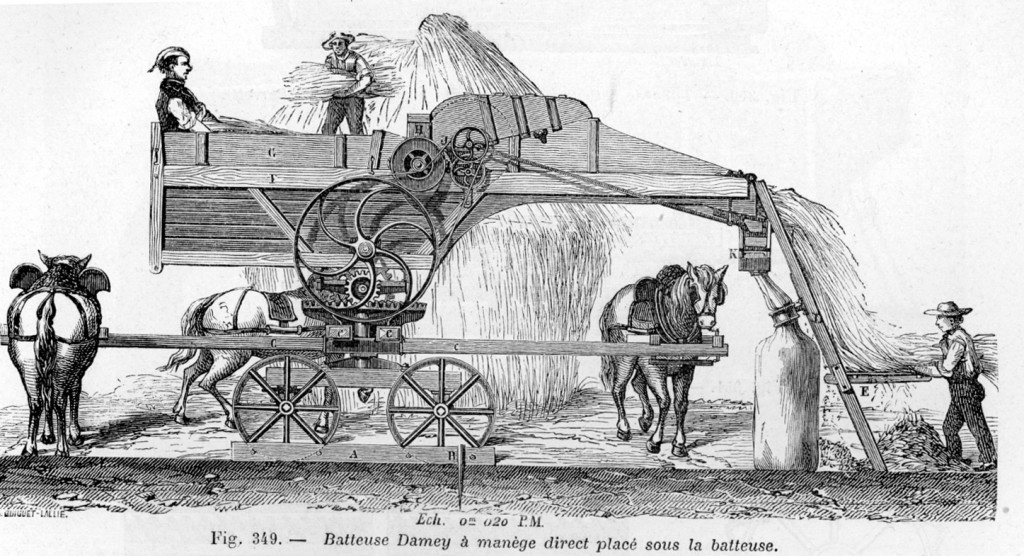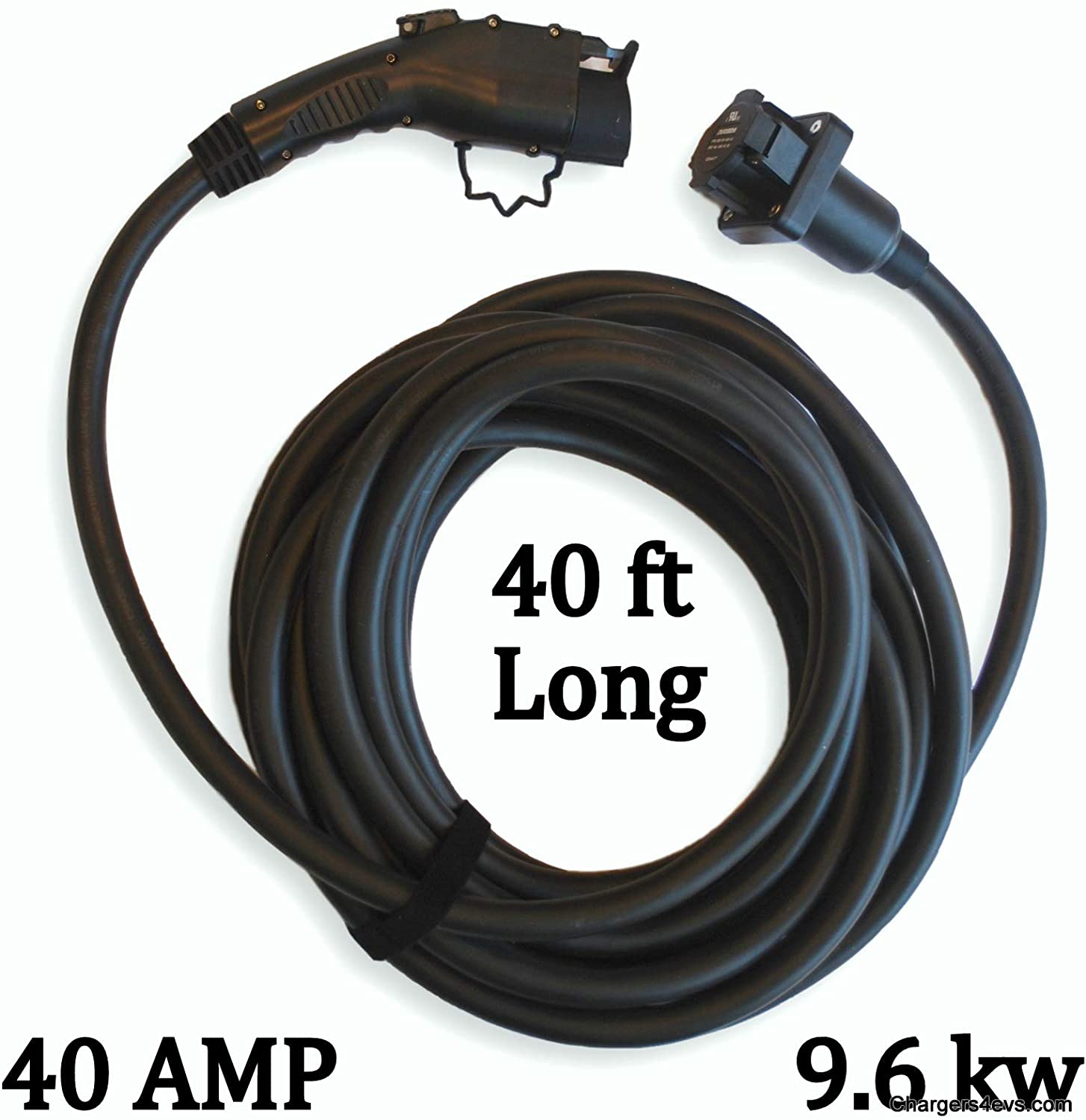Last Update: July 4, 2015
Fossil Fuels have enabled amazing changes, allowing humanity to build a globe-spanning society, while achieving rapid technological advances. But, it's one of those gifts you're unsure you want, because of its negative unwanted side effects. Such as ... Global warming, climate change, toxic oil spills, fracking, oil wars ...
Without the discovery of and technology to exploit fossil fuels (crude oil, coal, natural gas), we would still be living a Medieval lifestyle. We would be relying completely on burning things in our own home for light, heat and energy, and would be reliant for livestock to do any task more strenuous than human capability. After nightfall it would be dark, except for candle-light for those who can afford candles.
At the same time, fossil fuels cause us no end of problems. They're extremely toxic, their use desequesters ancient carbon and thereby causes climate change, along with a zillion other negative environmental effects, the increasing scarcity of fossil fuels means we're already fighting wars to control the remaining supplies, and are going to ever-greater feats of engineering to extract ever-more-difficult fossil fuel resources.
Airplanes? Trains? Modern cargo ships? Cars? Motorcycles? None of that would have been possible. Even the modern resources that don't directly rely on fossil fuels, like nuclear power plants, are enabled by fossil fuels to build and even operate the power plant.
It wasn't that long ago that people typically lived by candle-light, rode horses, etc. In some areas of the world that lifestyle is still common.
We don't live like that, do we? Our houses are lit without burning kerosene in a lantern, kept warm without a fireplace, we travel around without having to keep a horse, etc. Fossil fuels did all that for us.
That fossil fuels created our modern lifestyle is pretty much ignored by everyone. What we normally tell ourselves is that scientific progress alone is what made our modern society possible. How much scientific progress would have been possible without the modern fossil-fuel powered electricity system? 2015-era science would seem like magic to the 1870-era scientists. But 2015-era science would be for naught without high energy density fossil fuels driving the machines that make the scientific instruments and other gizmos. It's fossil fuels that enabled the upgrade from riding horses and reading by candle-light to what we have today.
And, it is fossil fuel dependence that's threatening the society we've built.
Since we ignore the role of fossil fuels so deeply, we have to first understand what they do for us. After that we'll go through the life cycle of crude oil, gasoline, diesel, the production of those fuels, their consumption, and the effects along the way. We'll see a litany of bad toxic impacts to the environment, climate, politics, and more, every step of the way.
Many of us understand we need to abandon fossil fuel consumption and develop other ways to power our society. How do we solve for fossil fuels problems, such as environmental and climate impacts, without killing the society we've created?
Fossil Fuel's gift: Replacing human/livestock labor with gasoline/diesel powered machines

How much energy content is there in gasoline versus human or livestock labor? Turns out to be quite a lot.
Any living being you can get to do work (humans, livestock), their ability to do work is based on muscle mass that's powered by food, water and air. Labor can be sustained for awhile, but the animal is exhausted by sustained labor. A human body can process maybe 2500 calories of food a day, and while someone can perform more labor in one day they'll be badly worn out the next. A human can achieve a sustained output 300 watts, which roughly equates to 1/3rd horsepower. [OilDrum1] [BioEnergyORNL] [] []
Livestock animals are useful because they can produce more energy output than a human. For the heavy lifting you give the ox some hay, in the old days.
Bottom line is that a gallon of gasoline represents between 2 and 14.4 days of human labor. See How many days of human labor is in a gallon of gasoline?
When our ancestors only had machines powered by human or animal muscle, humanity was limited in the scope of work we could accomplish. Put another way, those limits constrained our ability to damage the environment. Gasoline or Diesel energy density is bigger than animal-driven machines, enabling us to accomplish bigger tasks. Such as, sailing huge container ships around the globe, loading and unloading them with huge cranes, undermining local economies world-wide. With more powerful machines at our disposal, it's no wonder we've been able to cause more damage to our planet's environment.
One result of this is a hugely increased human population, in part enabled by more efficient food production thanks to fossil fuel powered farm machinery and fertilizers derived from fossil fuels. As human population increases, our collectively energy consumption rises, which then causes the oil companies to constantly increase their production. [GrahamZabel] Which begs a question: What happens if (when) the oil companies can no longer increase oil production?



